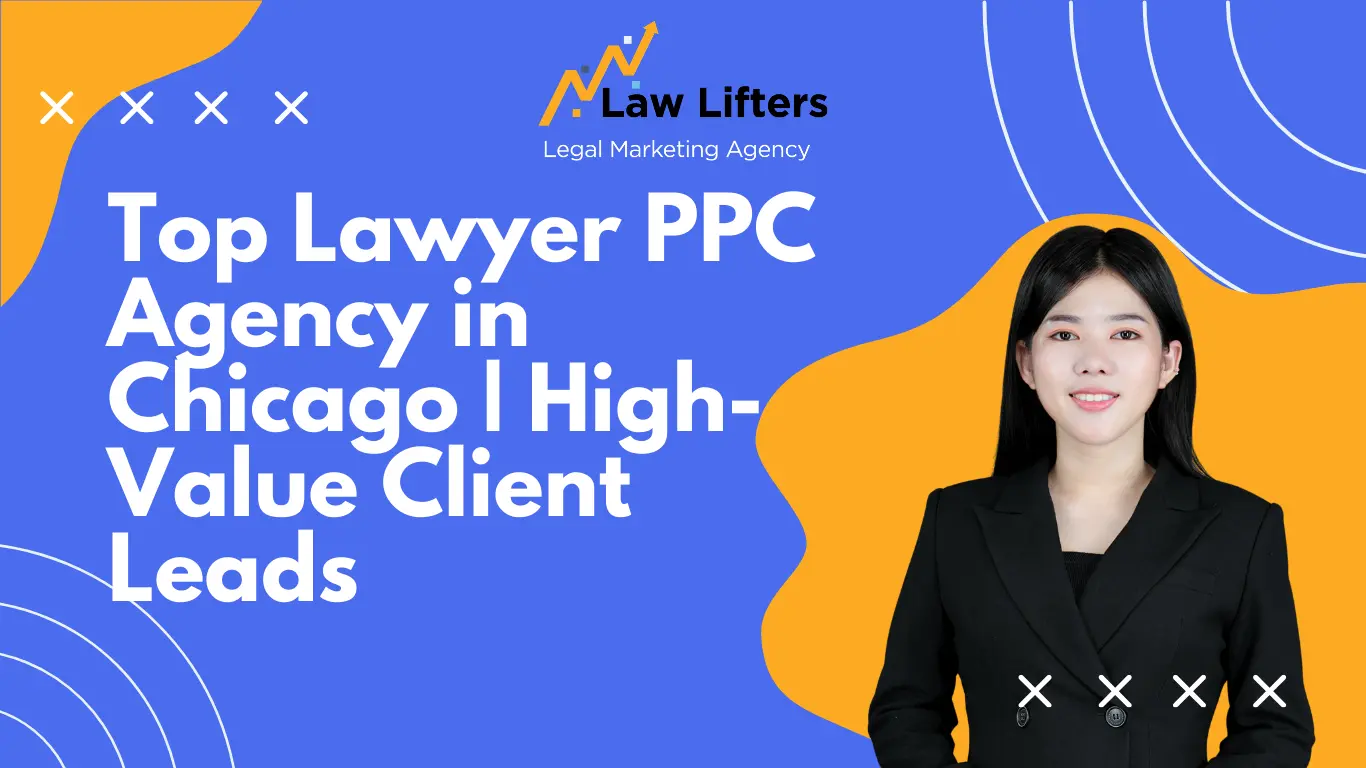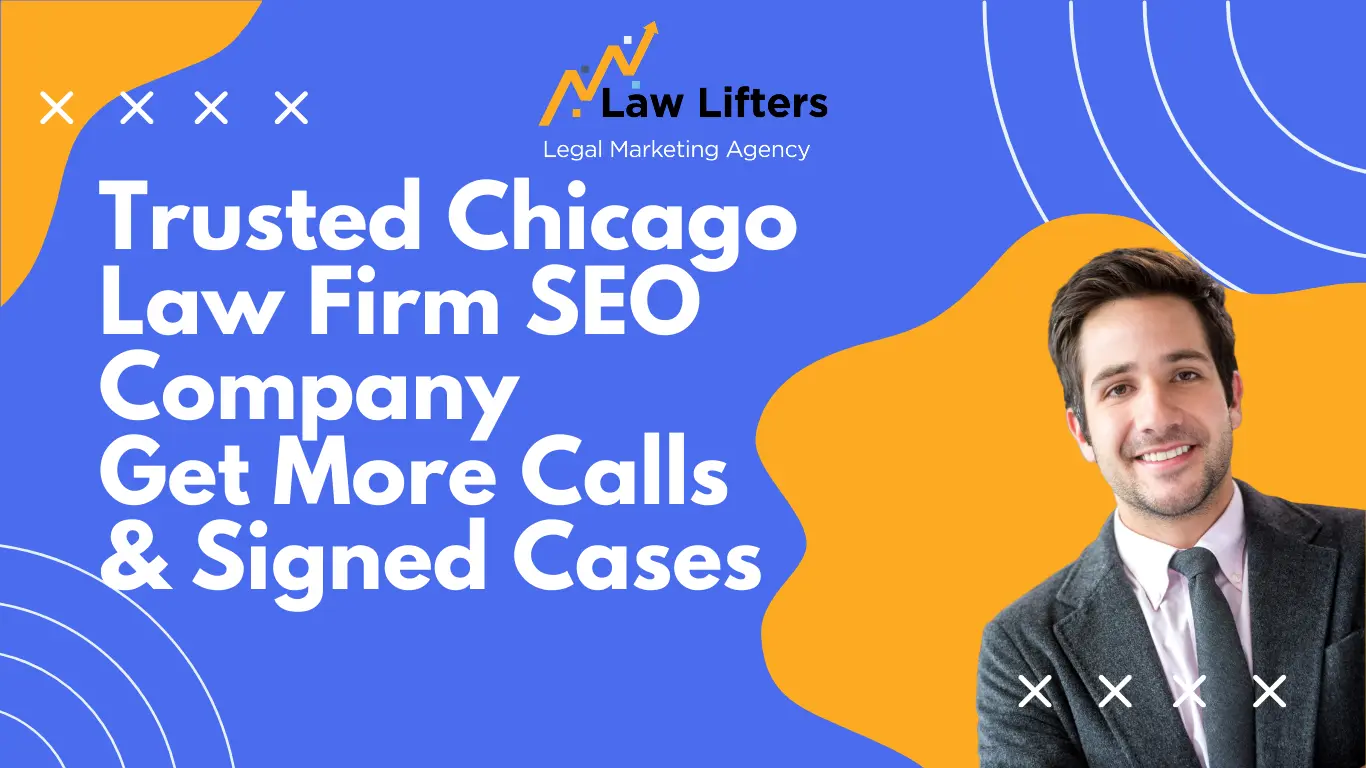Imagine a car crash victim on their phone, urgently searching for a “personal injury lawyer near me.” If your law firm’s website isn’t on page one of Google, that potential client won’t find you. In fact, studies show that over one in three people start their attorney search online. Search engines have become the new front door to your practice. For personal injury lawyers, SEO (search engine optimization) isn’t just a buzzword – it’s the roadmap that connects injured clients to your firm when they need you most.
Investing in SEO means making your firm visible and attractive online. It’s how you stand out in crowded city markets, turn clicks into callers, and build your reputation as a trusted injury attorney. In this post, we’ll explain why does SEO for personal injury lawyers matters, how it drives client leads, and what you need to do to get the most from it.
Why Does SEO for Personal Injury Lawyers Matter? Advantages Explained
Search Is the New Client Pathway for Personal Injury Law Firms
Boosted Personal Injury Attorneys’ Visibility and Credibility
Local SEO: Capturing Nearby Personal Injury Firm Clients
Targeting High-Intent Leads
Content Marketing: Become the Go-To Resource
Technical SEO for Personal Injury Lawyers
Measuring SEO Performance, Growth, and ROI
Common SEO Mistakes to Avoid in Personal Injury Law SEO
SEO vs. Paid Ads: Legal Marketing Strategy for Long-Term Growth
Take Action: Lifting Your Firm’s Legal Marketing and Visibility
1. Search Is the New Client Pathway for Personal Injury Law Firms
Most people now head to Google or Bing before calling a lawyer. Gone are the days when everyone relied solely on referrals or the Yellow Pages. In fact, a 2022 study found that over 85% of people looking for legal help begin with an online search. In other words, if your firm isn’t ranking on search engines, you’re missing a huge pool of potential clients.
Search results also come with trust. Users tend to click the top search engine results: one analysis found the top three organic listings grab about 60% of all clicks. Meanwhile, less than 6% of clicks go to results beyond page one. This means if your firm is buried on page two or three, it’s nearly invisible. High rankings put your firm in front of accident victims at the exact moment they’re seeking help.
- Top-of-page presence. Appearing on page one (or the local “map pack”) means far more people will see and trust your name.
- Focused keywords. SEO for injury lawyers targets search terms like “car accident attorney in [City]” or “best injury lawyer near me.” These specific keywords match a person’s intent and get you in front of the right audience.
By optimizing for the right search terms, your firm effectively says to Google: “Here’s who we are and whom we help.” The search engine then rewards you with higher visibility and more clicks from people seeking personal injury help.
2. Boosted Personal Injury Attorneys’ Visibility and Credibility
Good SEO isn’t just about traffic — it’s about quality visibility. When your firm ranks well for personal injury keywords, it signals trust to potential clients. Research shows that viewers often equate top search positions with expertise and reliability. In other words, a strong ranking acts like an online endorsement.
Consider these advantages:
Increased traffic from the right clients
By optimizing your site and content, you ensure that people searching for help after an accident find you. This steady stream of organic (unpaid) traffic reduces dependence on pricey ads. For example, firms that optimize well can see their traffic jump dramatically – one study of law sites found a 300% rise in visits in six months with focused SEO.
Authority building
Each time someone reads a useful blog post or FAQ on your site, your firm’s reputation grows. Helpful content and case stories show you know personal injury law inside out. Over time, these signals convince both Google and people that your firm is an expert source.
Cost savings
Unlike ads that stop the moment the budget runs out, SEO builds equity over time. Once you rank well for a keyword, you continue to receive traffic without paying per click. In fact, studies show organic search leads (about 4% conversion) outperform paid ads (about 1.8% conversion). Put simply, an SEO lead is often twice as likely to turn into a consultation as a paid-ad click. That means each SEO-driven inquiry can be far more cost-effective than an ad-generated one.
In short, SEO acts like a long-lasting billboard and sales agent rolled into one. It drives lead generation at peak times (when accidents happen) and builds your law firm’s visibility on Google.
3. Local SEO: Capturing Nearby Personal Injury Firm Clients
Personal injury law is inherently local: people want lawyers who serve their city or region. That’s why local SEO is a game-changer for your firm. Local SEO ensures that Google shows your office and website to nearby accident victims at the top of organic search results.
Statistics back this up: nearly half of Google searches have local intent. In practice, this means when someone in your area searches “personal injury lawyer [Your City],” you want your firm to show up first. Claiming and optimizing your Google Business Profile (GBP) is crucial. A well-managed GBP (with correct name, address, hours, and services) dramatically boosts your chances of capturing searches. In fact, being in the top spot of Google’s “local pack” (the map listings at the top) can increase profile views by 400% and double website clicks.
Here are the key local SEO steps:
Google Business Profile
Verify and fill out your GBP listing. Add photos of your office, practice areas, and any highlights (like your case results or awards).
Client Reviews
Encourage satisfied clients to leave 5-star reviews on Google and legal directories (Avvo, Justia, etc.). Positive reviews build trust and can even improve your rankings.
Local Keywords
Use location-based terms on your law firm website. Pages optimized for “[City] personal injury lawyer” or “[Your Neighborhood] car accident attorney” tell Google where you practice. This helps your firm appear in searches specific to your area.
Citations and directories
Ensure your law firm’s name, address, and phone (NAP) are consistent across local directories (Yelp, Yellow Pages, FindLaw, etc.). These citations act as “votes” of legitimacy to search engines.
By focusing on local SEO, you make your firm easy to find for the people most likely to hire you: those right in your community. As a result, searchers who see your firm in their area will view you as the obvious choice for local representation.
4. Targeting High-Intent Lead
SEO isn’t about getting any clicks — it’s about attracting the right clicks. When your SEO strategy is spot-on, your website visitors are mostly people actively looking for legal help. These are high-intent leads, not just casual browsers.
- Qualified visitors. If someone finds your site by searching “car accident lawyer near me” or “what to do after a car crash,” they have a clear need. They’re primed to book a consultation. One page or blog post can turn a searcher into a client.
- Higher conversions. Data shows that organic search leads convert at higher rates than ad clicks. In other words, people who find your firm through Google tend to engage more (call, fill out a form) because they came looking for precisely what you offer.
Think of SEO keywords as arrows hitting a target. By optimizing for terms like “best personal injury lawyer [City]” or “bicycle accident attorney [State],” you’re signaling to Google that your site deserves top placement when exactly those high-value searches happen. The result? More calls, contact forms, and chats from people who really need your legal services.
5. Content Marketing: Become the Go-To Resource
Content is at the heart of SEO. Great content answers questions, educates clients, and proves your expertise. For personal injury lawyers, this means creating content that addresses what accident victims want to know right now. When your content is useful, people stay longer on your site, and Google ranks you higher.
Types of content that help SEO and trust-building:
Quality Content Blog Articles
Write articles addressing common questions after an injury. For example: “What steps to take after a car accident” or “How much is my personal injury case worth?” Content like this attracts searchers and provides immediate value. Each useful blog post establishes your firm as an authority.
FAQs and Guides
Include a thorough FAQ page or downloadable guides (e.g., “5 things to do after a slip-and-fall injury”). These answer quick questions and target long-tail keywords (specific phrases people search).
Case Studies and Success Stories
Share anonymized stories of clients you’ve helped (with permission). This shows real-world results and builds credibility.
Videos and Infographics
Short videos explaining legal processes (like how insurance claims work) can engage people and keep them on your site longer. Google also ranks pages with rich media more favorably.
High-quality content not only boosts SEO but also breeds trust. As one SEO expert notes, “high-quality articles drive organic search traffic, build trust, and generate leads”. Over time, visitors remember your helpful answers and are more likely to call your firm when they decide to pursue a case.
Accordingly, make content creation part of your SEO strategy. Regularly update your blog, answer the latest legal questions, and tailor posts to seasonal trends (e.g., “scooter accidents in summer”). Each new page or post is another chance to rank for a query and pull in potential clients.
6. Technical SEO for Personal Injury Lawyers
Behind the scenes, technical SEO ensures your website actually shows up in search and provides a smooth experience. Two of the most critical technical factors today are site speed and mobile optimization:
Mobile-First
Over half of all Google searches now come from mobile devices. If your website isn’t fully responsive (meaning it adapts to phones and tablets), you’ll lose visitors, and Google may rank you lower. Make sure your pages and menus display correctly on small screens.
Fast Loading Times
People expect instant answers. Studies show that if a page takes too long to load, visitors bounce off. Google uses page speed as a ranking factor. Optimize images, enable fast hosting, and use caching or a content delivery network (CDN) so your site loads quickly.
Secure and Crawlable Site
Ensure your site uses HTTPS (a secure connection) — this can boost rankings slightly and build trust (the “lock” icon in the browser). Also, use a clear site structure and sitemaps so search engines can easily crawl and index all your pages.
Schema Markup
This is advanced, but adding structured data (schema) for lawyers, reviews, and events can help search engines understand your content better. For example, using a local business schema or attorney schema can enhance your listing with rich information.
Technical SEO doesn’t usually grab headlines, but it’s essential. As one source puts it, “A slow-loading site can cause visitors to leave before they even read about your personal injury services”. By keeping your site fast and mobile-friendly, you keep visitors engaged and send positive signals to Google.
7. Measuring SEO Performance, Growth, and ROI
SEO is a long-term game, but you don’t have to guess if it’s working. Tracking metrics helps you prove ROI and refine your strategy. Key performance indicators include:
- Organic Traffic. Use Google Analytics to see how many visitors come from search engines. You want this number to grow steadily over time.
- Keyword Rankings. Track where your site ranks for priority terms (e.g., “personal injury lawyer [Your City]”). Improving rankings for high-value keywords usually means more leads.
- Click-Through Rate (CTR). In Google Search Console, check how often people click your site after seeing it in results. Title tags and meta descriptions can be fine-tuned to boost this.
- On-Site Conversions. Count form fills, phone calls, or chat inquiries from organic visitors. Tools like call-tracking or tagged Google Analytics events can help.
- Quality Backlinks Profile. Monitor quality inbound links to your site. More high-authority links (from news sites, legal directories, etc.) generally help rankings.
- Local Pack Impressions. If you have a Google Business Profile, use its insights to see how often people view or click your listing.
By watching these metrics, you’ll notice trends. For example, if your traffic is up and calls are increasing, that’s a sign that SEO strategies are delivering. In contrast, if things stagnate, you may need new content or better keywords. Remember, SEO compounds over time. PriceWeber notes that as your SEO investment matures, your cost-per-case goes down and traffic grows consistently. In other words, the work you do now lays the groundwork for steady leads in the future.
8. Common SEO Mistakes to Avoid in Personal Injury Law SEO
While SEO can give your firm an edge, certain pitfalls can hold you back. Be mindful of these common mistakes:
- Keyword Stuffing. Avoid cramming keywords unnaturally into your content. It hurts readability and can lead to Google penalties. Instead, use keywords in a natural way and focus on quality writing.
- Neglecting Mobile Optimization. More than half of searches are on mobile. If your site isn’t mobile-friendly, you’ll lose visitors (and hurt your rank).
- Ignoring Local SEO Tactics. Don’t skip the local part. Failing to set up or optimize your Google Business Profile and local citations means missing out on searchers in your area.
- Skipping Analytics. If you don’t track performance, you’ll never know what’s working. Use analytics and search console tools to gather data and adjust your strategy.
- Poor-Quality Content. Publishing generic or outdated website content won’t help rankings. Invest in well-researched, informative articles that truly answer clients’ questions. Quality content “builds trust and enhances your firm’s authority”.
- Slow Site Speed. A sluggish personal injury website frustrates users and can drop your rankings. Optimize images and code to keep load times low.
By steering clear of these errors, you’ll get more mileage from your SEO efforts and provide a better website experience for potential clients.
9. SEO vs. Paid Ads: Legal Marketing Strategy for Long-Term Growth
Some firms rely heavily on paid ads (PPC) to get cases fast. While ads have their place, SEO offers unique advantages over Search Engine Marketing (SEM):
- Cost Efficiency Over Time. Pay-per-click ads can be expensive, especially for competitive keywords. One analysis notes personal injury keywords often have high CPCs. By contrast, SEO’s benefits compound: once you rank, you keep getting free clicks. Over the long haul, SEO can halve your cost per lead compared to ads.
- Lasting Presence. Ads stop delivering the moment the budget ends. SEO builds lasting visibility. A page optimized today can continue to rank and drive leads months from now.
- Credibility. Many people skip ads because they trust organic results more. Ranking highly without an “Ad” label can make your firm seem like the natural choice.
- Holistic Growth. Good SEO often complements other digital marketing. Blog content can feed email newsletters or social media. Strong organic performance can improve the effectiveness of offline ads by increasing brand recognition when people eventually search for you online.
In short, legal SEO is an investment in sustainable growth. One SEO expert puts it simply: “Investing in SEO provides lasting benefits, unlike the high cost of pay-per-click advertising”. For a personal injury firm, that means steady referrals from search for years to come.
10. Take Action: Lifting Your Firm’s Legal Marketing and Visibility
SEO for personal injury lawyers is not optional — it’s essential. The firms that win are the ones visible online when accidents happen. By improving your search rankings, you lift your personal injury practice by connecting with more clients and strengthening your firm’s reputation.
Getting started might involve:
1. Audit Your Website
Check your current rankings, site speed, mobile usability, and content gaps.
2. Keyword Research
Identify the phrases your prospective personal injury clients use (e.g., “motorcycle accident attorney [City]”).
3. Content Plan
Create articles, FAQs, and guides that answer those questions and include your target relevant keywords naturally.
4. Optimize Local Presence
Claim your Google Business Profile, gather reviews, and ensure your NAP (name/address/phone) is consistent everywhere.
5. Monitor SEO Efforts and Adjust
Use analytics and call-tracking to see what’s working. Double down on high-performing content and improve or remove what isn’t.
At Law Lifters, we know personal injury attorneys want real results, not just website traffic. A successful SEO strategy generates qualified leads that convert. If you’re ready to grow your practice, start by improving your search visibility. When your firm is easy to find — on Google maps, local directories, and search results — injured clients will find you instead of your competitors.
Start today: Update or launch a blog, claim your local listings, or get a professional SEO audit. The sooner you act, the faster you’ll see the lift in calls and consultations. SEO isn’t magic, but with consistent effort, it reliably helps personal injury lawyers dominate their market and connect with clients who need them.
Attract more cases, build your authority, and make sure your firm is the obvious choice after an accident. That’s why effective SEO for personal injury lawyers truly matters.
Want to know where your site stands? Get a free SEO audit from Law Lifters — no strings attached. We’ll review your site, flag critical issues, and show you what’s needed to boost your rankings and get more leads.
SEO for Personal Injury Lawyers FAQ's
Yes, because most injury clients search online, and SEO helps your firm appear where they’re looking.
SEO for personal injury lawyers builds lasting visibility, drives consistent leads, and reduces reliance on paid ads over time.
Yes, firms that invest in SEO often see higher rankings, more traffic, and increased case inquiries.
By targeting local keywords, publishing helpful content, optimizing your website, and earning quality backlinks.



